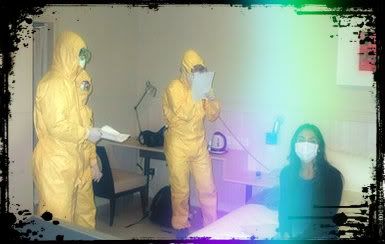I think most of us have done it at one time or another…
We’re out and about and happen to unexpectedly spot someone we know nearby, but eye contact has not yet been made. For whatever reason, we don’t feel inclined to engage or interact with the person, so we look the other direction, pretending we never saw them, hoping they don’t see us too.
When Judson died, I became that person—not the person pretending—the person being dodged. I noted how people diverted their eyes, kept their distance, and feigned not seeing me. I could reason in my mind how it wasn’t for lack of care, but because my life’s fresh, deep heartache made them uncomfortable. Yet it still hurt.
The other day I was talking with a friend about someone she knew who had recently lost her young, adult son. My friend had observed a situation where this woman was in a crowd of people who were very much aware of her recent, searing loss. But instead of being surrounded in love and comfort, this woman sat completely alone. The vast, empty space around her was palpable—as one carrying an infectious, deadly disease requires quarantine.
Grief can be so incredibly lonely. People pull away from the griever because they lack understanding, feel powerlessness to help, are afraid of saying or doing the wrong thing, or simply cannot handle the difficult nature of deep sorrow and the messiness it creates. In turn the griever can begin to isolate themselves in order to protect their heart from further pain.
In many ways, loneliness is par for the course of the bereaved, but when people lovingly scale the walls of that isolation, pressing beyond fears and the unease by acknowledging or engaging the griever, it can help keep the wall from growing thicker and taller. A meaningful hug, a loving touch, a tender look, or the simple, silent presence of a caring friend can make all the difference.
Is there someone God is calling you to reach out to today?
Author: Christina
